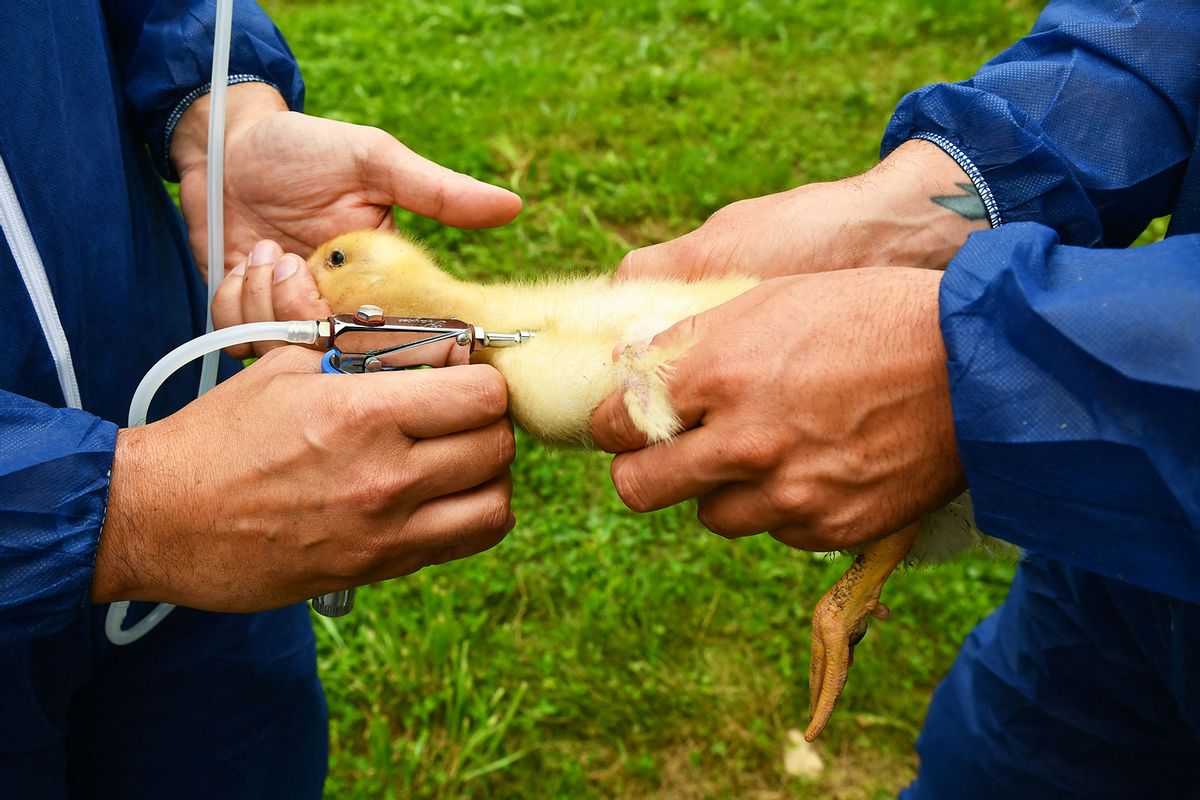As flu season nears, Europe is increasing surveillance for human cases of H5N1 influenza, also known as bird flu. As reported by the Telegraph, new guidelines from the European Centre for Disease Prevention and Control (ECDC) will be focused on ensuring the rapid detection of cases, such as updates to testing protocols and symptoms to look out for in potential cases.
“We’ve updated our guidance to include milder symptoms in individuals exposed to birds or other animals,” Angeliki Melidou, principal expert in respiratory viruses at the ECDC, told The Telegraph. “The priority is to strengthen surveillance and ensure we monitor and follow up with exposed individuals.”
Health care workers in Europe will also be advised to ask people with flu-like symptoms about possible previous exposure to birds and other animals.
“We cannot exclude the possibility of H5N1 triggering a human pandemic,” Melidou said. “It has many opportunities to adapt as it expands its host range, so vigilance is crucial.”
The risk of humans contracting H5N1 influenza is still low for the general public in Europe. It's moderate for those who work with animals.
This comes at a time when some bird flu infections are alarming scientists in the United States. This year alone, the U.S. Centers for Disease Control and Prevention have reported 53 cases in humans. Last week, news broke that five new cases of H5N1 flu were detected in California, as well as a case in a child that had no exposure to farm animals. The first human case in Oregon was also detected. Recent wastewater samples have detected the virus in several California cities. In Canada, a teenager was hospitalized with bird flu, which is unusual given that most human cases have been relatively mild. Preliminary sequencing shows a potential mutation that could make the virus more transmissible between humans. While the teen didn’t have exposure to poultry, they did with pets which could have been where transmission occurred.



Shares